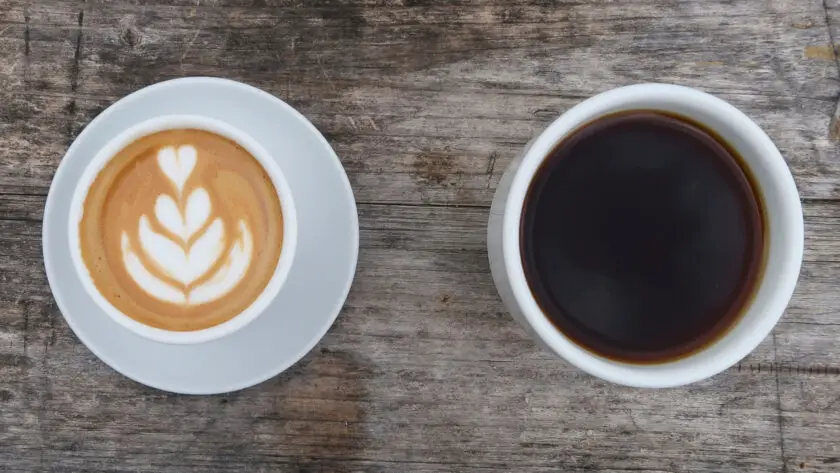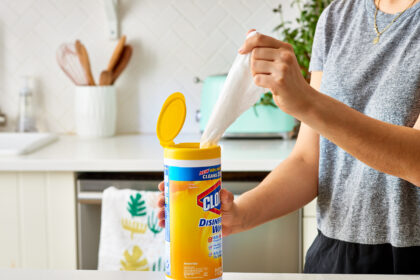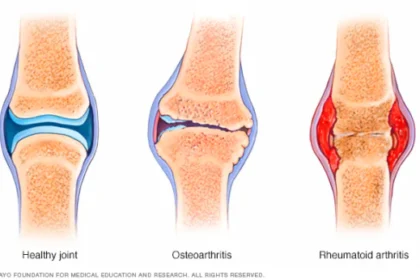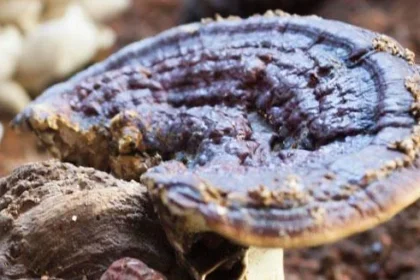According to a National Coffee Association (NCA) survey conducted in 2021, approximately 83% of adults in the United States drink coffee. This is consistent with previous years, where the percentage of Americans who reported drinking coffee has remained relatively stable. The survey also found that on average, coffee drinkers consume about 3.2 cups of coffee per day. It’s worth noting that these statistics may vary depending on the source and methodology of the survey, but the NCA is a reputable organization in the coffee industry.
Caffeine from coffee provides fuel, focus and energy for many Americans, but it does come at a cost. Coffee is a stimulant meaning that it does drain and deplete the body of both water and minerals over time. What most people don’t realize however is that coffee can contain mold and that this can wreak havoc on their health and bodies.
As it already dehydrates you and uses minerals at a faster rate it is already ‘robbing peter to pay paul’ in your body. Beyond that, if it contains mold it will harm your liver, lungs, blood, lymphatic system, immune system and more.
Mold can affect human health in a variety of ways, depending on the type of mold, the extent of exposure, and the individual’s sensitivity to it. Some of the potential health effects of mold exposure include:
- Allergic reactions: Mold spores can cause allergic reactions in some people, resulting in symptoms such as sneezing, runny nose, itchy eyes, and skin rash. People with asthma or other respiratory conditions may experience more severe reactions, including difficulty breathing.
- Respiratory problems: Inhaling mold spores can irritate the respiratory system and lead to respiratory problems, such as coughing, wheezing, and shortness of breath. Exposure to certain types of mold, such as black mold (Stachybotrys chartarum), can cause more severe respiratory problems.
- Infections: In rare cases, mold can cause infections in people with weakened immune systems or pre-existing health conditions. These infections can be difficult to treat and may require hospitalization.
- Toxic effects: Some types of mold produce mycotoxins, which can be harmful if ingested or inhaled in large quantities. These toxins can cause a variety of health problems, including liver damage, kidney damage, and neurological problems.
How Coffee Can Contain Mold
Coffee can become moldy if it’s not stored properly or if it’s exposed to moisture. Mold spores are naturally present in the environment, including on coffee beans, and can grow and multiply under the right conditions. Some of the factors that can contribute to mold growth on coffee include:
- Moisture: Coffee beans should be stored in a cool, dry place, as moisture can provide a breeding ground for mold. If coffee beans are exposed to high humidity or moisture, either during storage or during the production process, mold can begin to grow.
- Poor air circulation: Storing coffee beans in a sealed container with poor air circulation can create a moist environment that’s conducive to mold growth.
- Contamination: If coffee beans are stored in a container or area that’s contaminated with mold spores, the mold can spread to the beans.
- Age: Coffee beans that are past their prime can be more susceptible to mold growth, as the aging process can create conditions that are favorable for mold.
Believe it or not some coffee is sold being in a condition where it already contains mold. This may be because the age of the bean is old, it’s been contaminated, there is moisture or poor air circulation or a combination of these things that harm the coffee and allow it to be an environment where unhealthy mold can grow.
3 Ways To Prevent Coffee From Growing Mold
- Store coffee properly: Coffee beans should be stored in a cool, dry place, away from direct sunlight and sources of heat. Avoid storing coffee in airtight containers that don’t allow for air circulation, as this can create a moist environment that’s conducive to mold growth.
- Use coffee within a reasonable timeframe: Coffee beans can start to lose their freshness and quality over time, and older beans may be more susceptible to mold growth. To ensure the best quality and reduce the risk of mold, it’s best to use coffee within a few weeks of roasting.
- Purchase high-quality coffee from a reputable source: When buying coffee beans, look for beans that are high quality and have been roasted recently. Choose a reputable supplier that follows good manufacturing practices to reduce the risk of contamination. I did some research and found that Lifeboost coffee is tested for mold and is one of the few companies that is testing for mycotoxins (mold) as well as heavy metals and 400 other known toxins! They are also organic as well. They are what I believe to be the highest quality coffee company online. The tastiest too as it is the purest! Click here to visit LifeBoost coffee.Two additional ways to prevent mold from growing in coffee are:
- Keep coffee equipment clean: Regularly clean coffee equipment, such as grinders, brewers, and storage containers, to prevent mold from growing.
- Watch for signs of mold: Check coffee beans for signs of mold before using them. If you see any visible mold or notice a musty odor, discard the beans.
By following these tips, you can help prevent mold from growing on your coffee and ensure that you’re enjoying a fresh, high-quality cup every time.
Recommended Coffee Beans:
After scouring the web and searching for the best mold-free coffee I could find I came across LifeBoost Coffee. They have spent the most amount of time, energy, money and due diligence to ensure their product is the purest coffee on the market.
It is certified by a 3rd party lab to be mold free. It is certified organic. It is tested for heavy metals and over 400 toxins. Their coffee is mold and chemical-free, non-GMO, shade grown, fairly traded, and single origin. And as they say on their website “We strive to give you the healthiest coffee on the planet!” And I believe them because I found no other company that goes to the extent that they do to provide such quality.
You can visit LifeBoost Coffee to see their blends and roasts by clicking here.
If You’re Looking To Quit Coffee..
If you’re looking to quit coffee and have another source of energy in the morning I highly recommend trying Shilajit. Shilajit is a black mineral powder that the Himalayan mountains literally squeeze out of the earth. This includes both fulvic and humic acid which are minerals that are very difficult for us to get now through our diet because the soil is so depleted of this, so the food is also.
As you drink coffee (especially over the years) your body is becoming more and more depleted of minerals and trace minerals. Shilajit contains 84 minerals and trace minerals. This is one of the best (if not the best) way to replenish these electrolytes, minerals and trace minerals. It also supports and benefits both adrenal and kidney health and these two organs are negatively impacted by prolonged coffee drinking. It boosts testosterone in men and is a real energizer!
I get my shilajit from Omica Organics, which you can find at OmicaOrganics.com by clicking here. Use the discount code: VFDF7M to get 10% off your order. This is a great thing to transition to from Coffee because it will replenish your body in ways that coffee took from it for all those years. You’ll be glad you did and feel the difference. Your energy will be smooth and calm and productive instead of jittery and crashing.
Recommended Reading:





